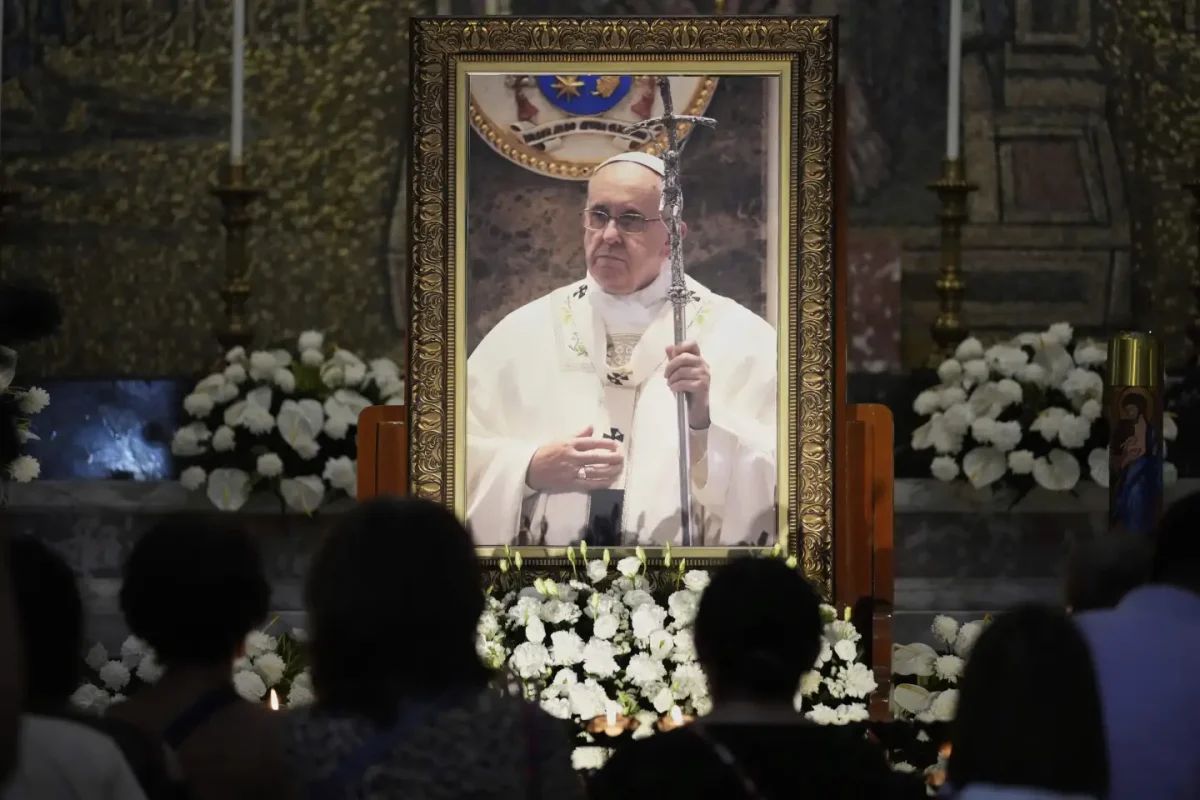When the pandemic first began to take a foothold in the United States, I was in New Orleans celebrating Mardi Gras with my roommate and a friend from high school. How fitting, then, that 2021’s Mardi Gras celebration — falling on February 16, 2021 — should be so radically different, if it’s celebrated at all?
As a religious holiday, it cannot be canceled outright, but celebrations can be curbed to adapt to the “new normal” created by COVID-19.
Beau Tidwell, communications director for New Orleans Mayor LaToya Cantrell, recently announced the city’s signature parades would not be permitted during the 2021 season. Parades were last canceled in the city over 40 years ago following a police union strike in 1979.
“I want to be very clear. Mardi Gras 2021 is not canceled,” Tidwell explained in a Nov. 17 press conference. “It is going to look different. The mayor has been very consistent about saying that at every stage.”
An iconic part of the celebration, the procession of the various Krewes will be sorely missed by locals and tourists alike, and a large portion of Mardi Gras’ 10.4 million annual attendees are likely to be discouraged from trekking to the Crescent City without the world-famous floats and beads.
Over the years, Mardi Gras has brought in an estimated total of $164 billion to the New Orleans economy. Without the citywide celebration, many businesses that typically thrive during parade season will suffer greatly — especially bars and restaurants, whose revenue and attendance skyrocket by about 70% during the weeks surrounding Mardi Gras.
Those who usually attend the festivities simply won’t be partaking in their usual rituals. As for the countless denizens of New Orleans who rely on tourists in this most lucrative moment of the year, their fate is uncertain. Without legendary Krewes like Orpheus, Endymion and Zulu lighting up the city by night, the soul of New Orleans looks to become even more crushed by the ongoing pandemic.
While the decision made by Mayor Cantrell and her office was made to discourage a massive influx of COVID-19 in February, the celebration will likely still go on for many — particularly those who value Mardi Gras for its laissez-faire attitude about drinking.
Canceled festivities will not stop Bourbon Street and the French Quarter from flooding with college students and adrenaline junkies looking for a party in the midst of a pandemic.
Where bars and restaurants will lose the business of parade attendees and those who take the pandemic seriously, they’ll make up for their losses in those seeking hand grenades, hurricanes and all sorts of other brightly-colored cocktails under the neon lights of the Big Easy’s most infamous bars.
I’ve attended Mardi Gras in some form or fashion every year since I was an infant, so not walking along the streetcar route with family and friends come February is going to be a somber experience.
Yet as somber as it may be to miss out on the joys of carnival, it is a sacrifice that must be made in the midst of a global pandemic. Celebrating Mardi Gras is not worth the potential fallout; people’s health and safety should come first.
Just because the city won’t enter lockdown during this upcoming Mardi Gras celebration doesn’t mean we should simply throw caution to the wind and laissez le bon temps rouler.
Domenic Purdy is a 19-year old journalism sophomore from Prairieville.
Opinion: Waiting until 2022 to ‘let the good times roll’ a worthy but bittersweet sacrifice
November 24, 2020
Mardi Gras 2021






